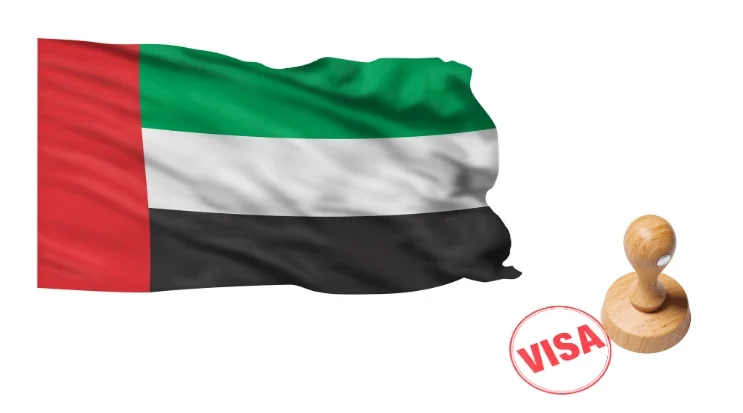The United Arab Emirates (UAE) is one of the world’s most attractive destinations for professionals seeking career growth, tax-free income, and international exposure. To work legally in the UAE, foreign nationals must obtain an employment visa tied to a work contract and sponsorship by a UAE-based employer.
Whether relocating to Dubai, Abu Dhabi, or any emirates, understanding the employment visa process is essential for a smooth transition. This article outlines everything you need to know about the UAE employment visa in 2025.


